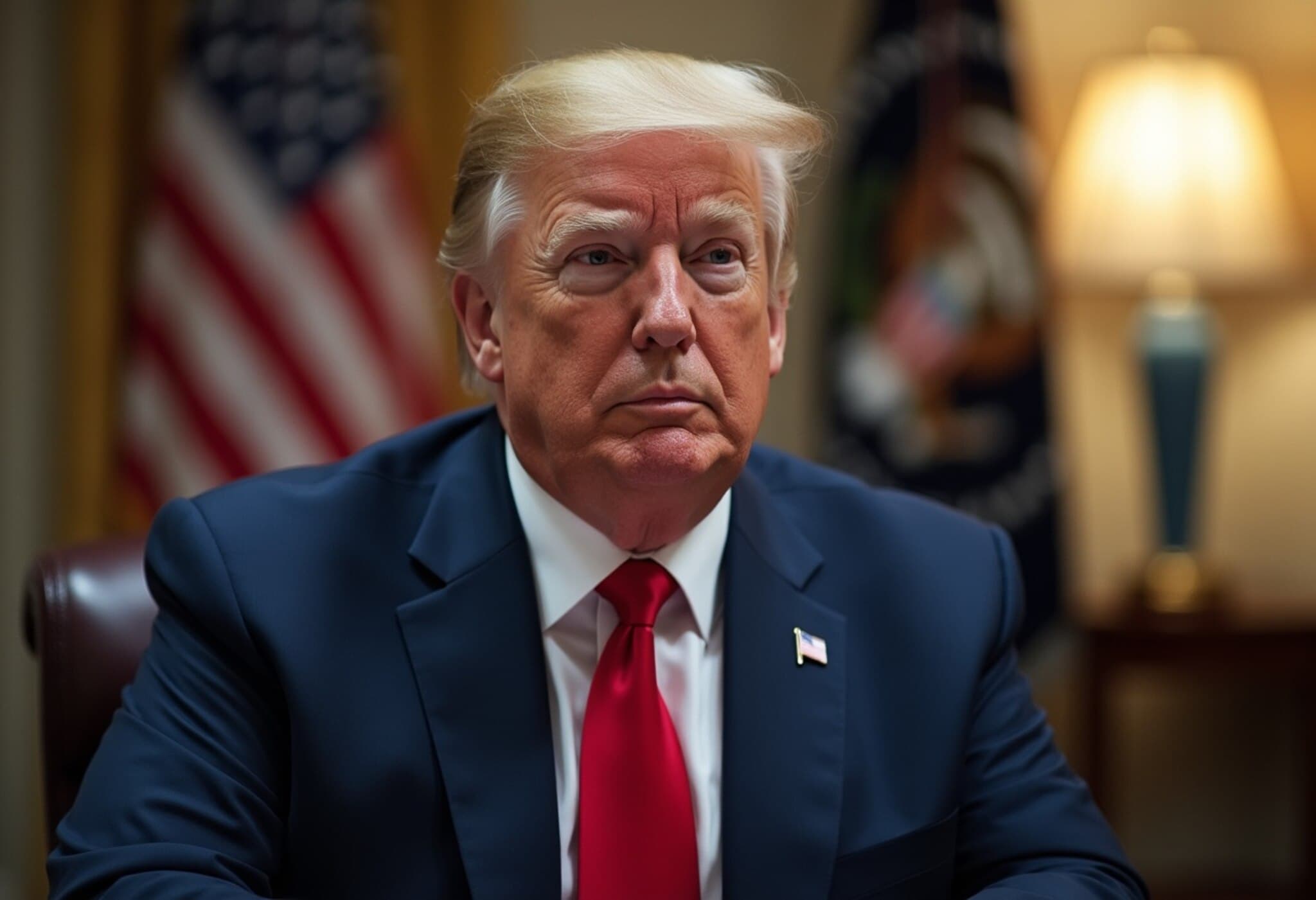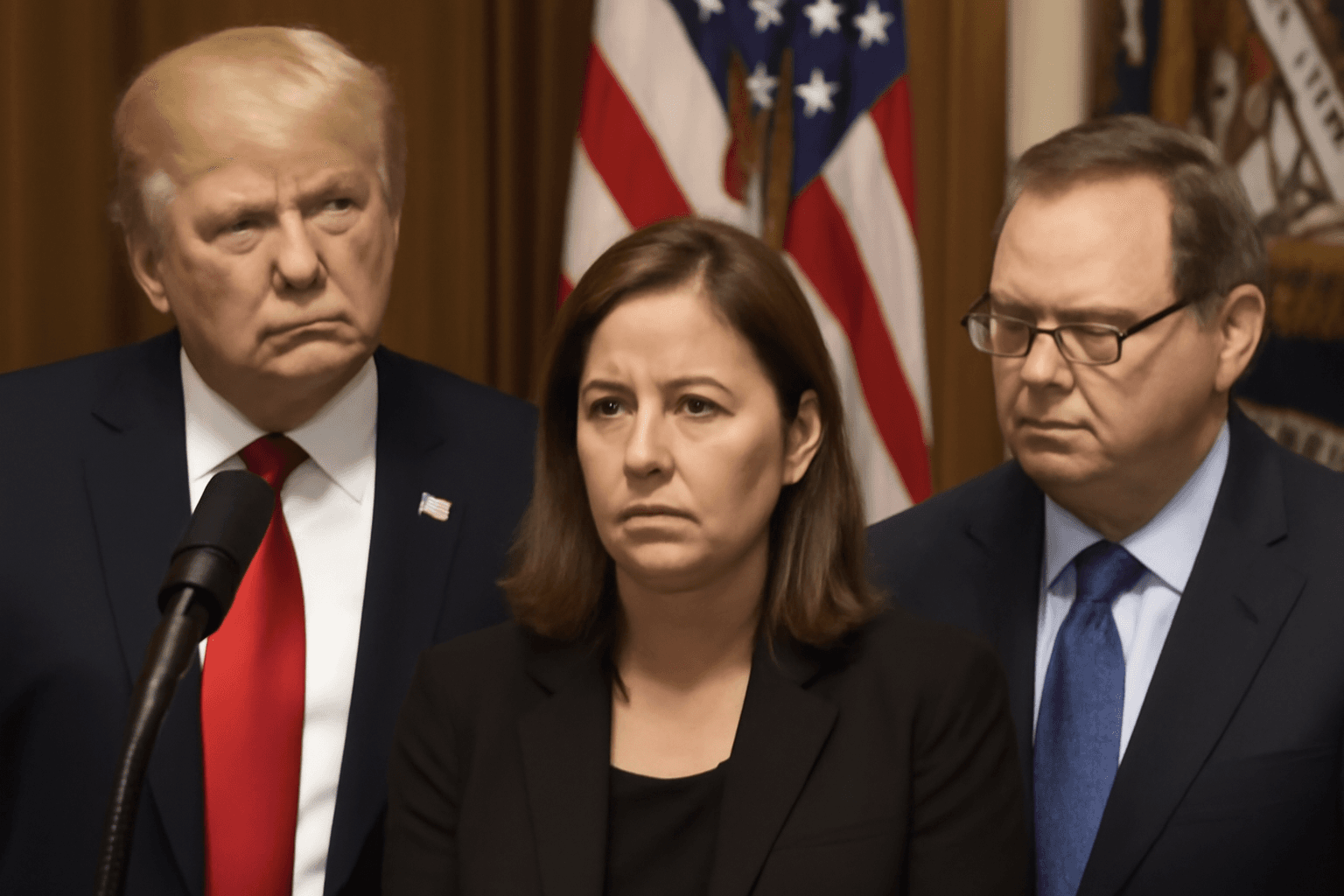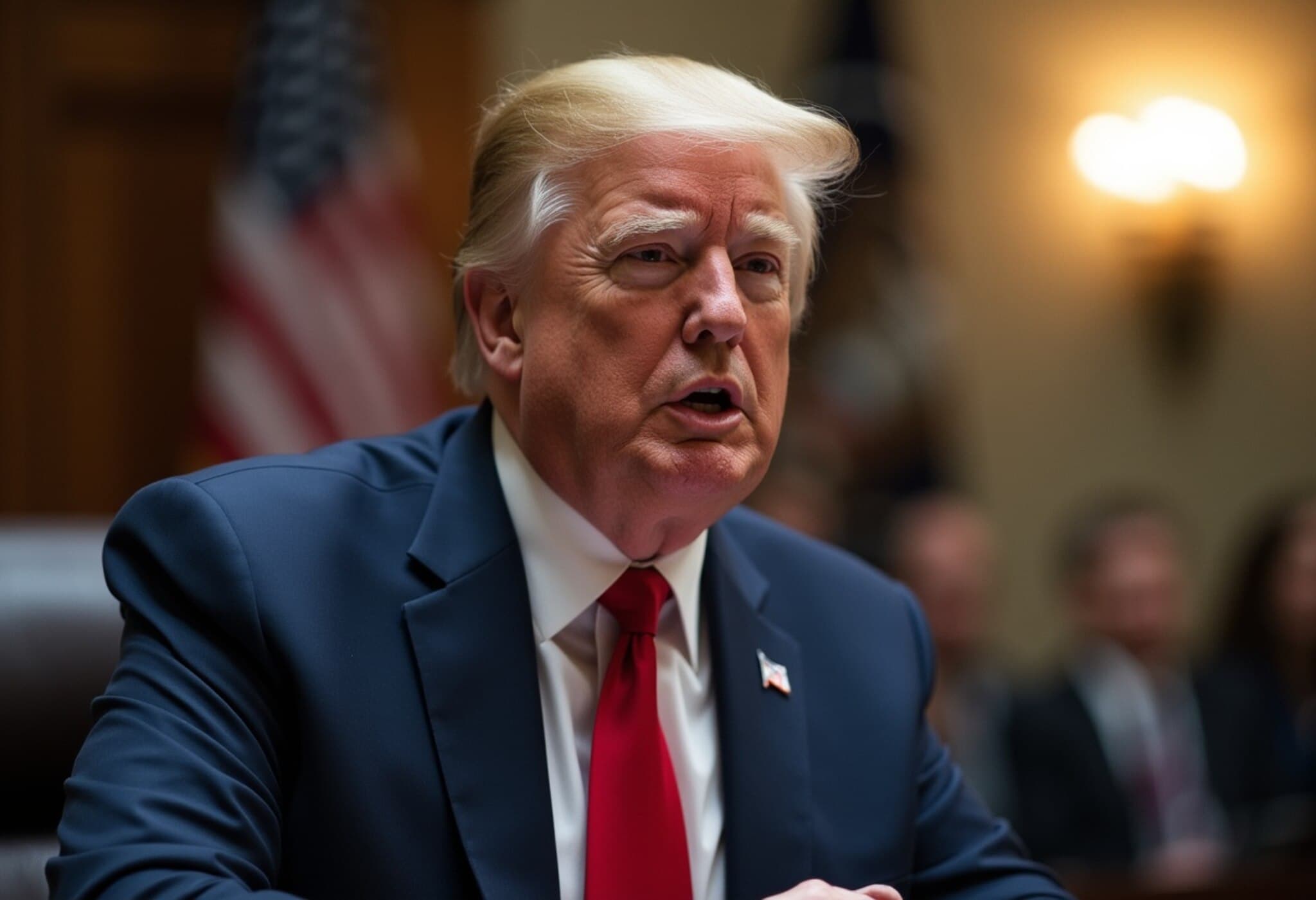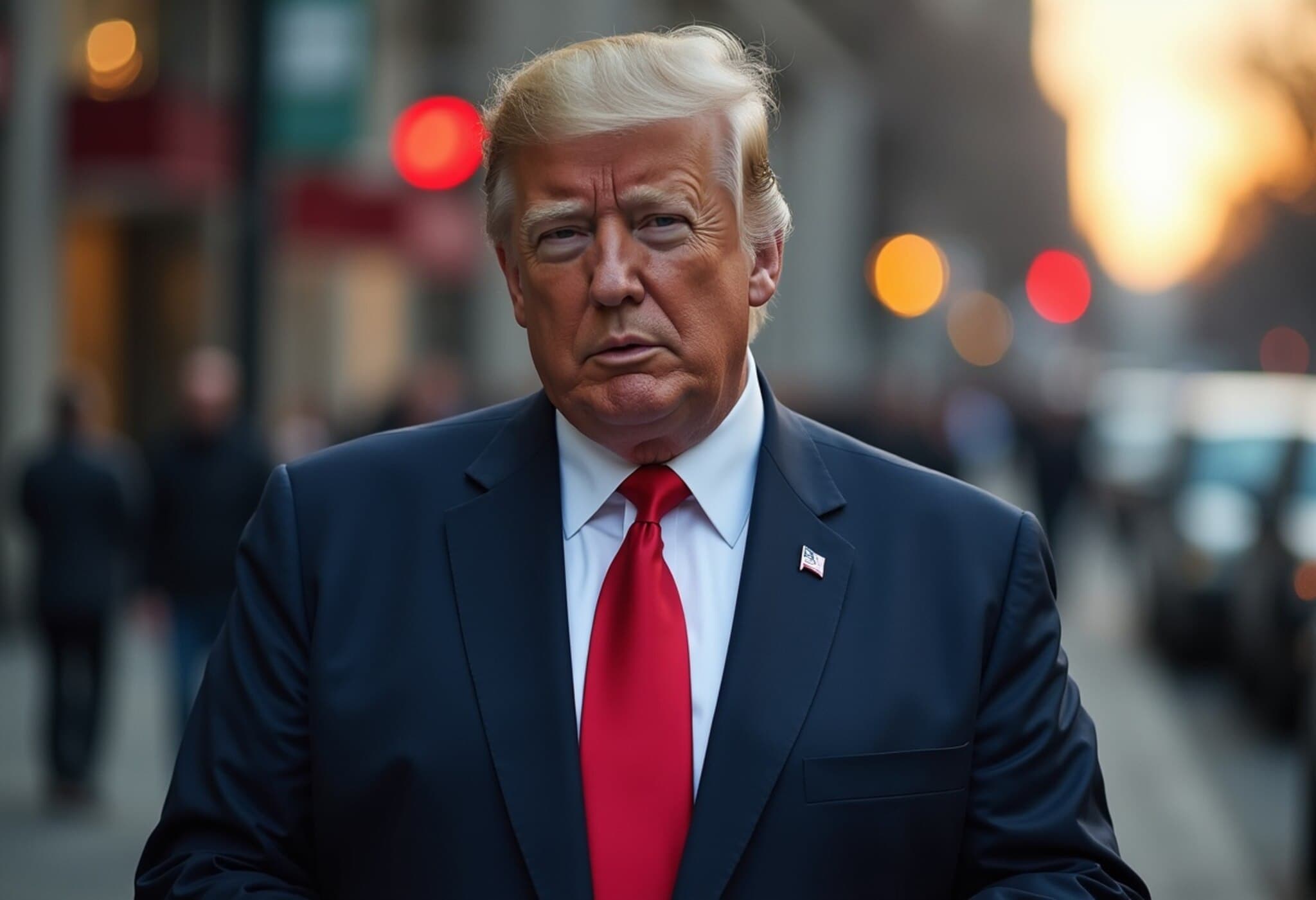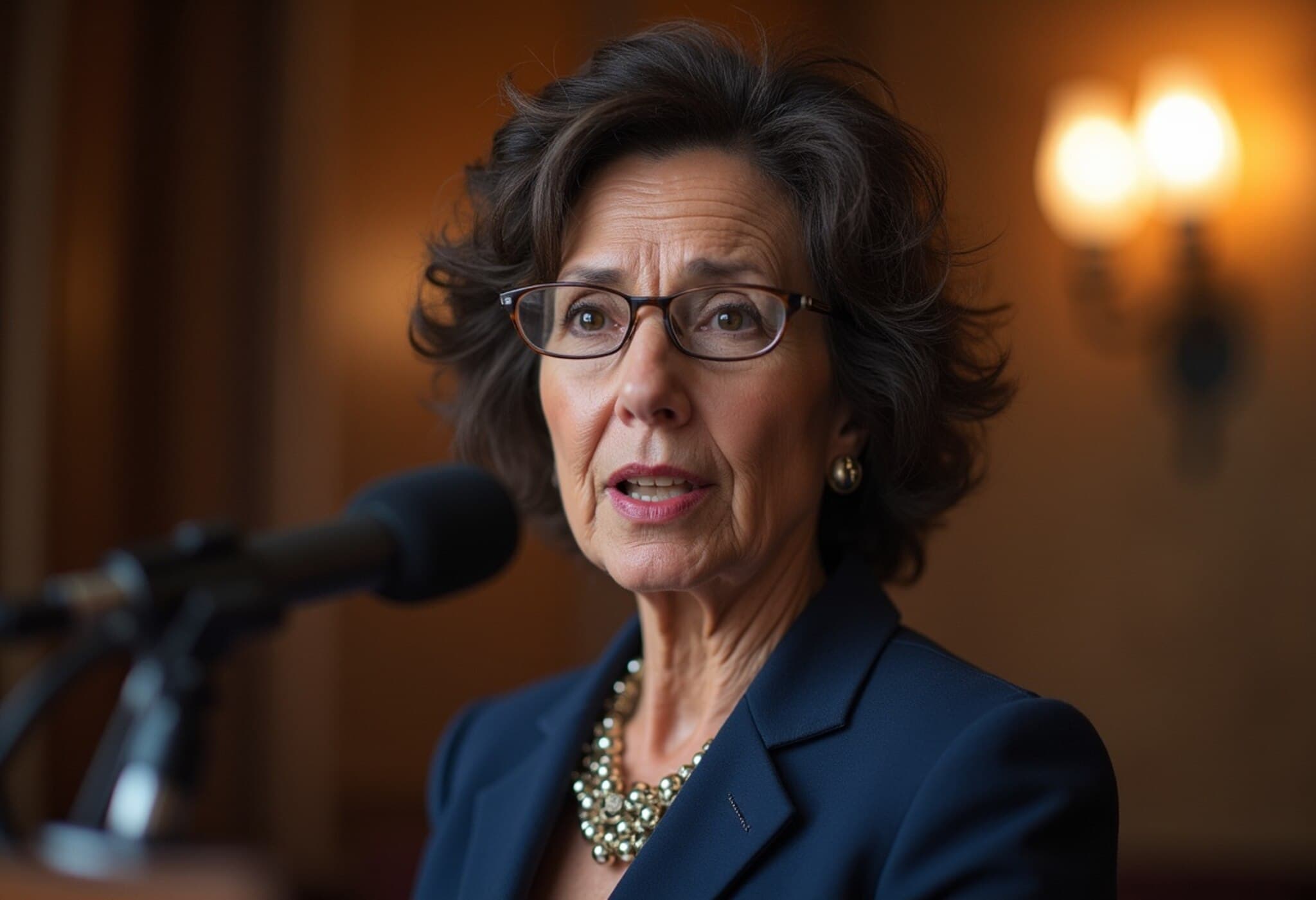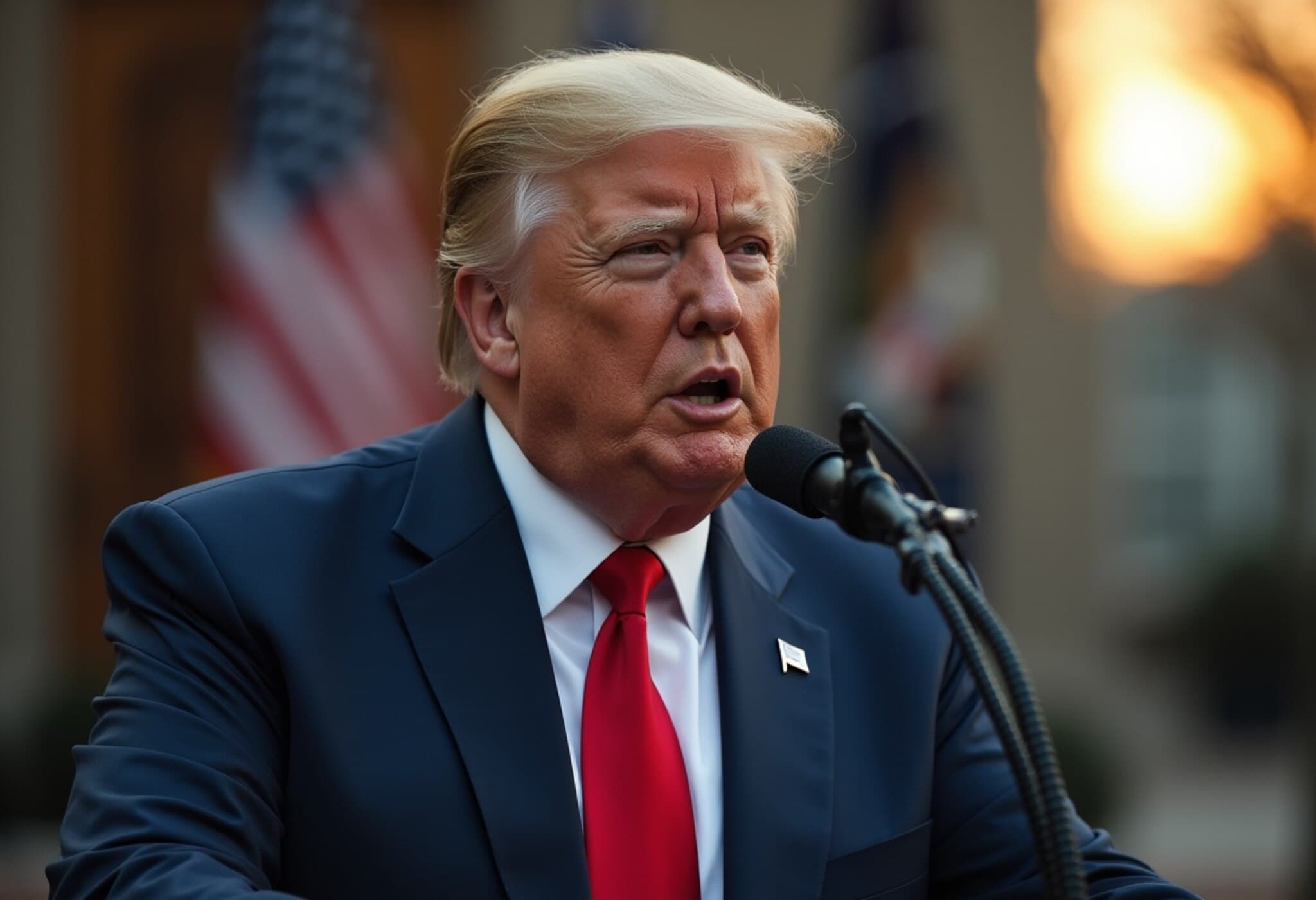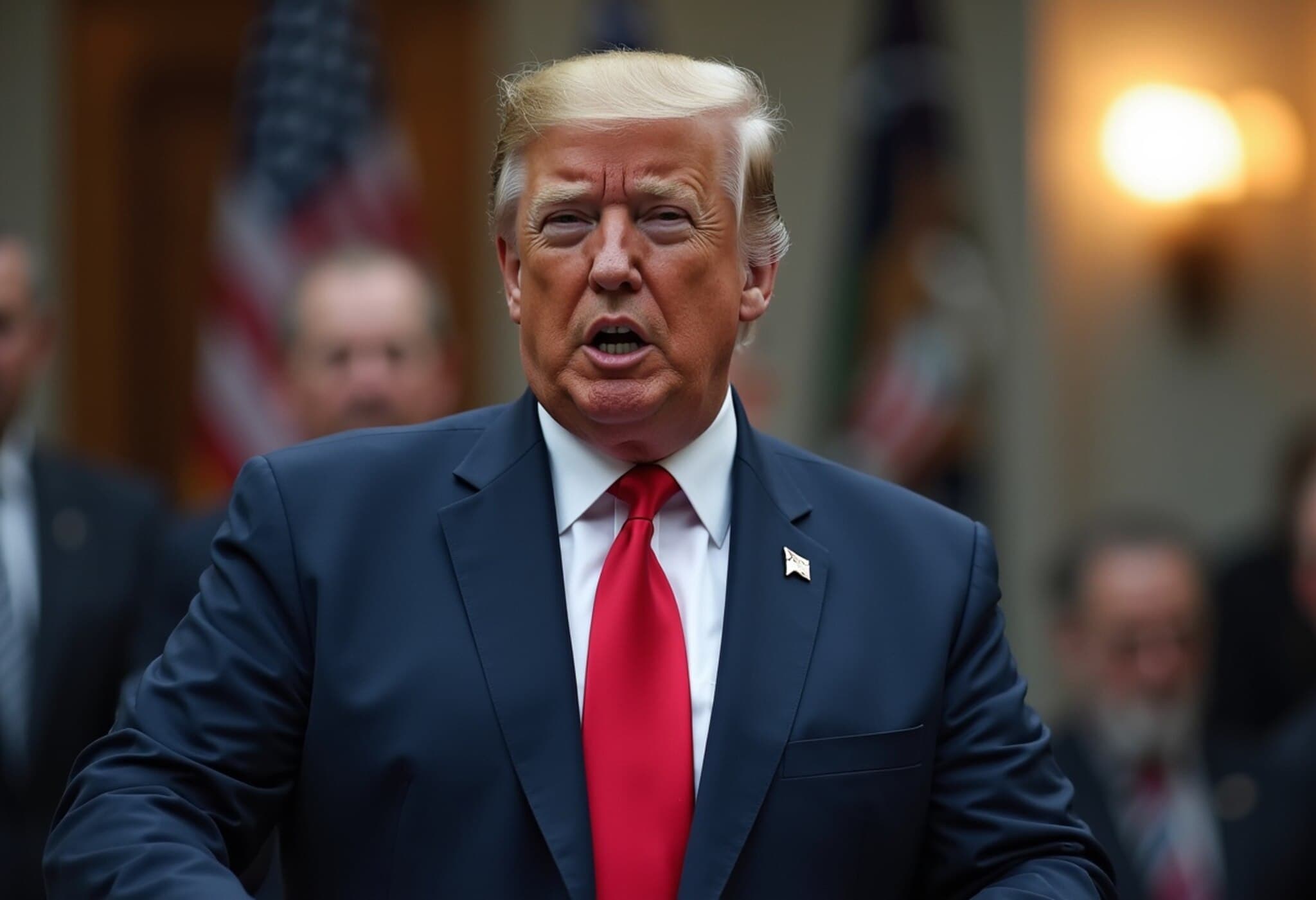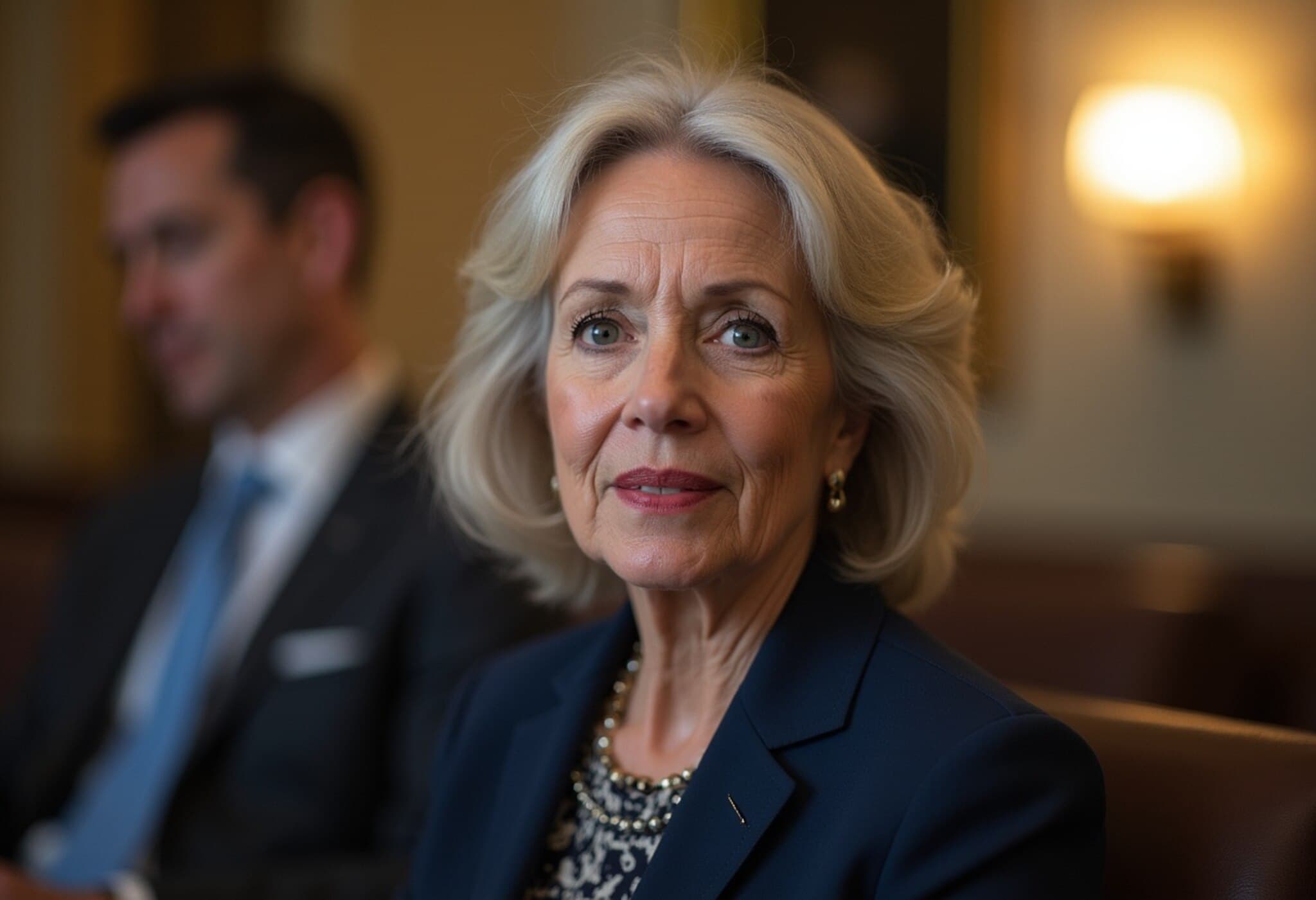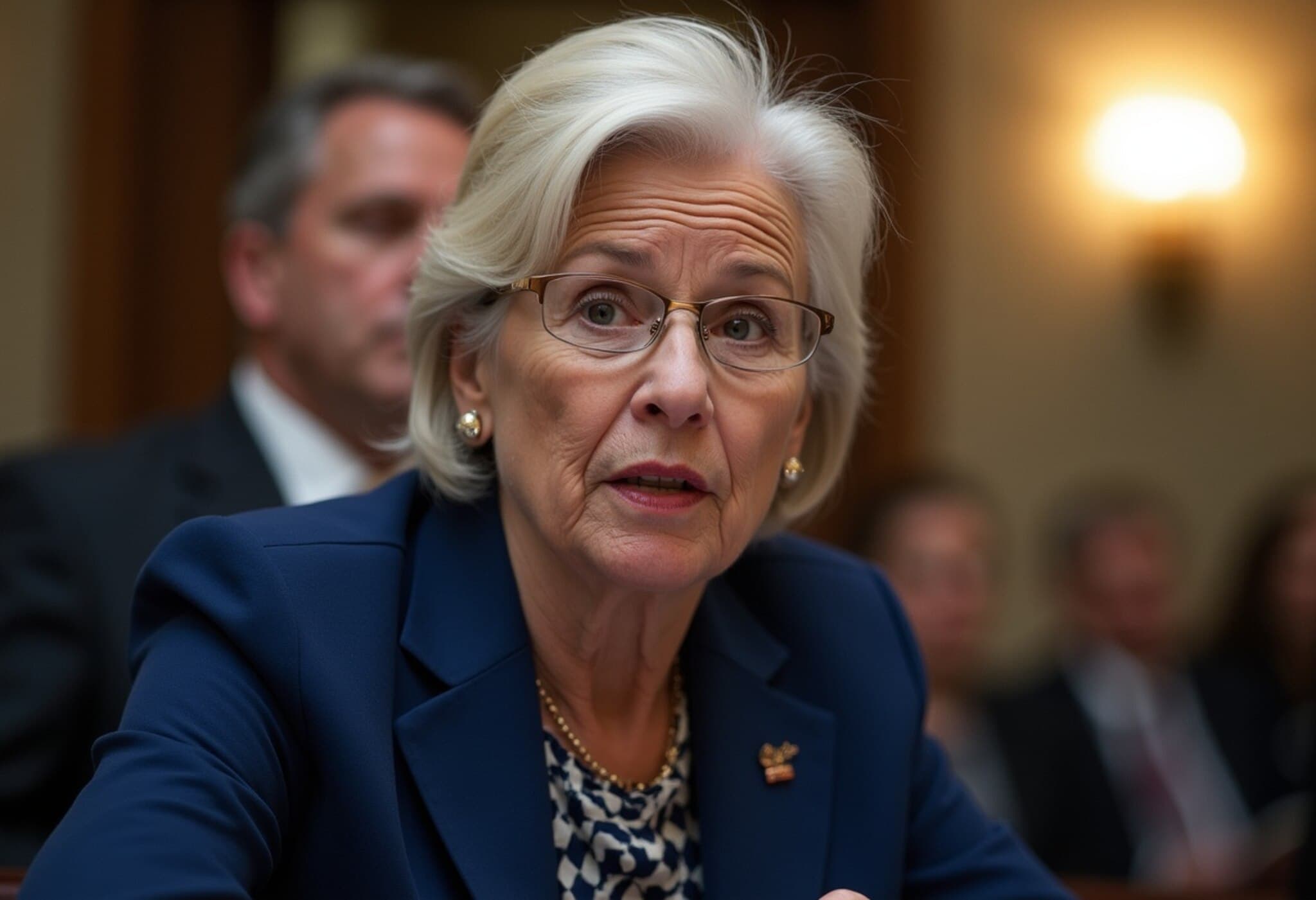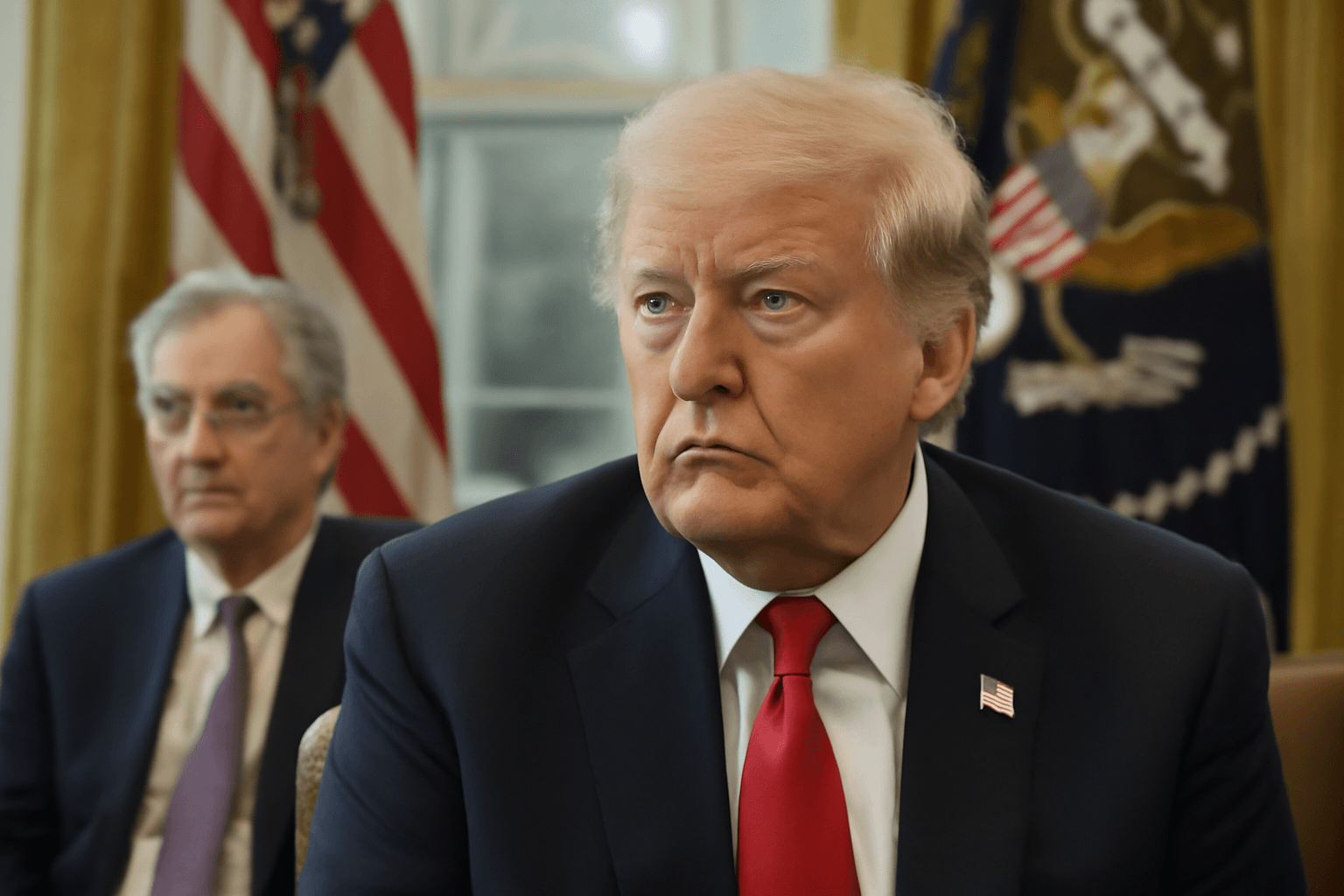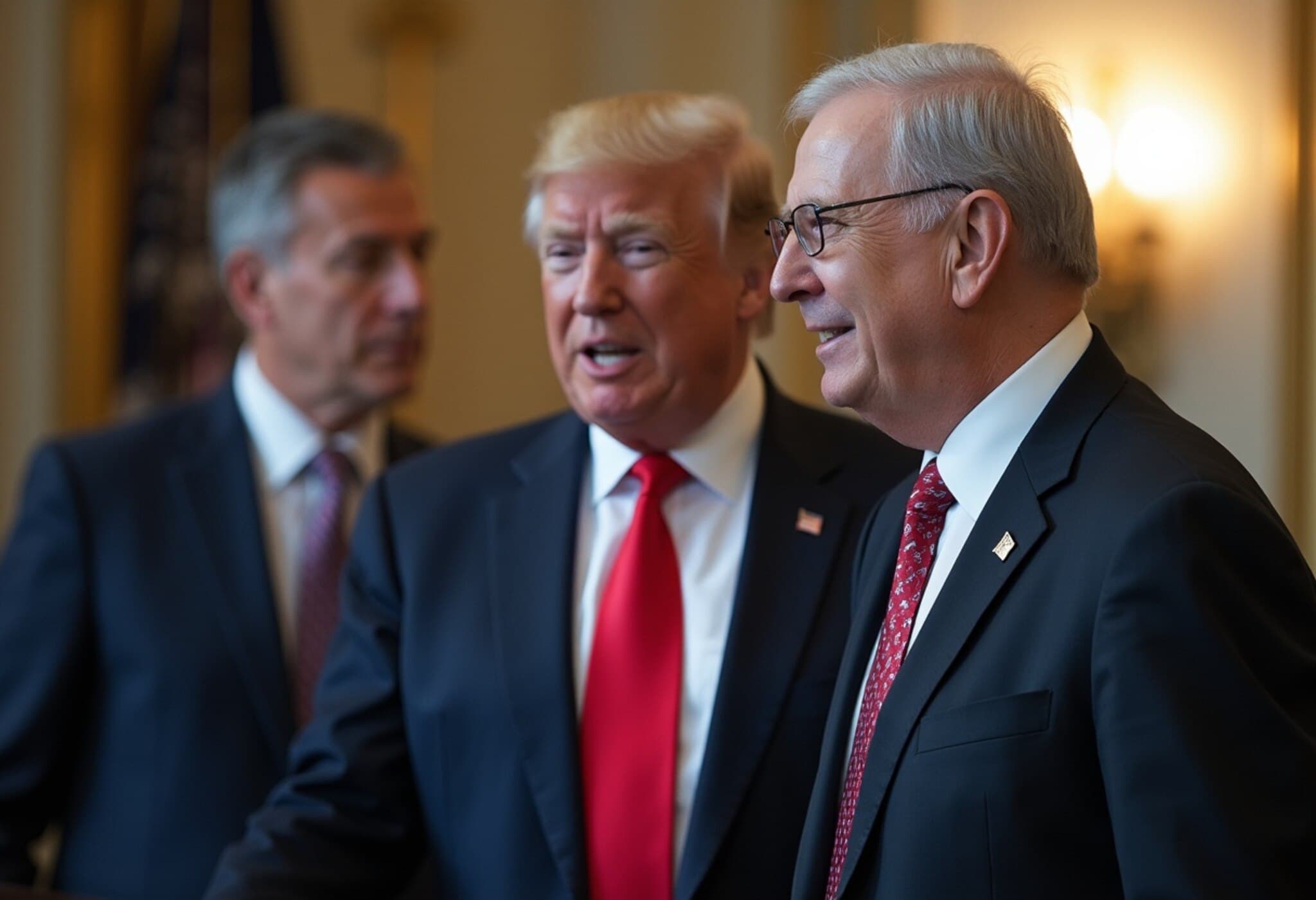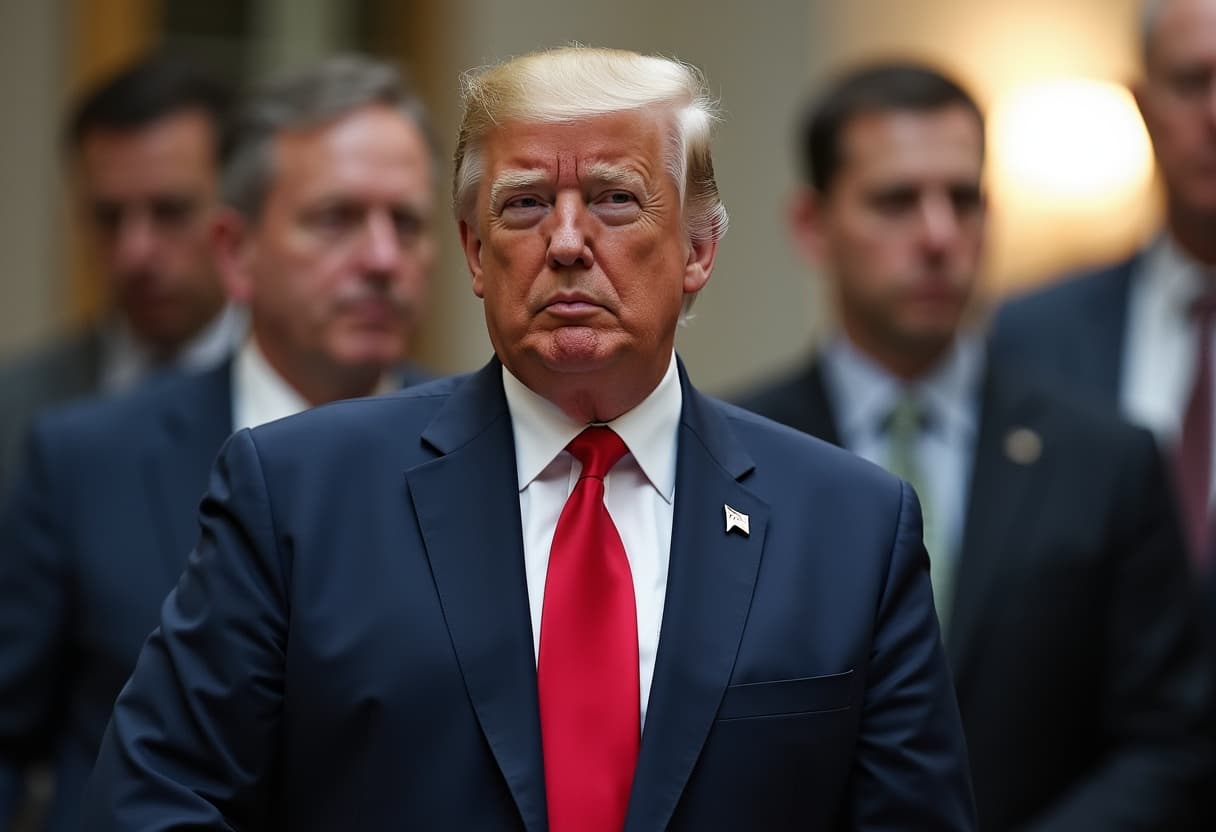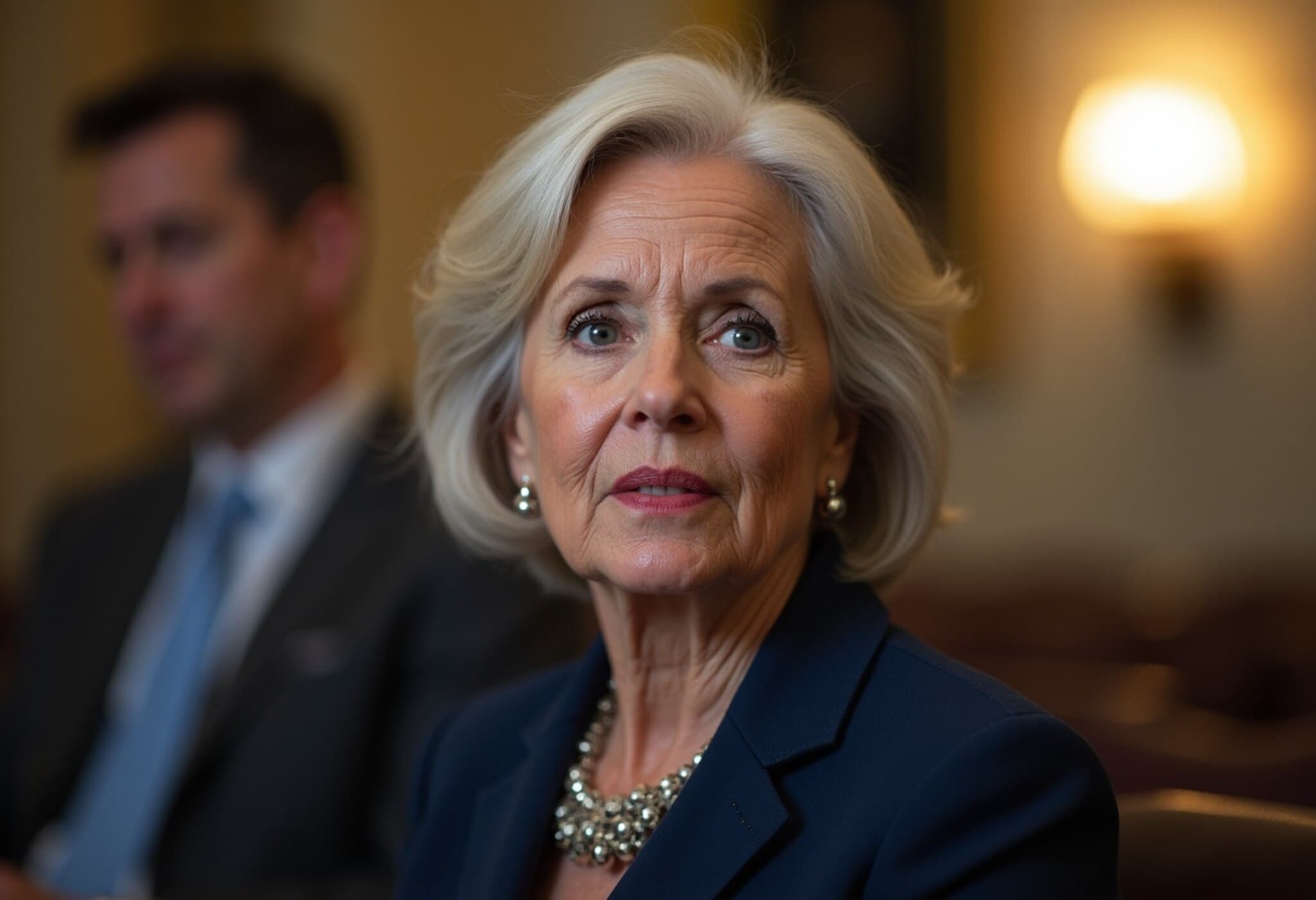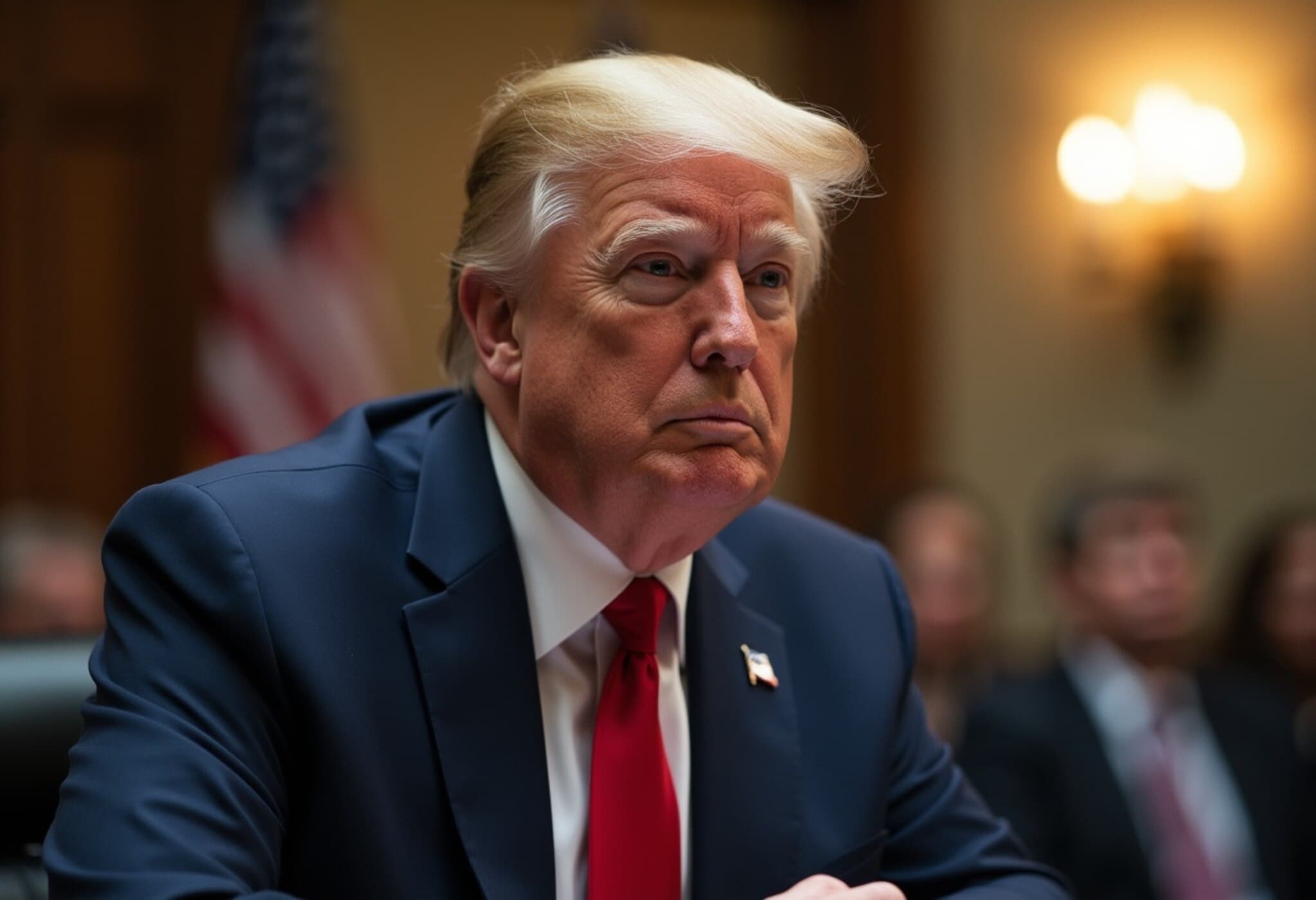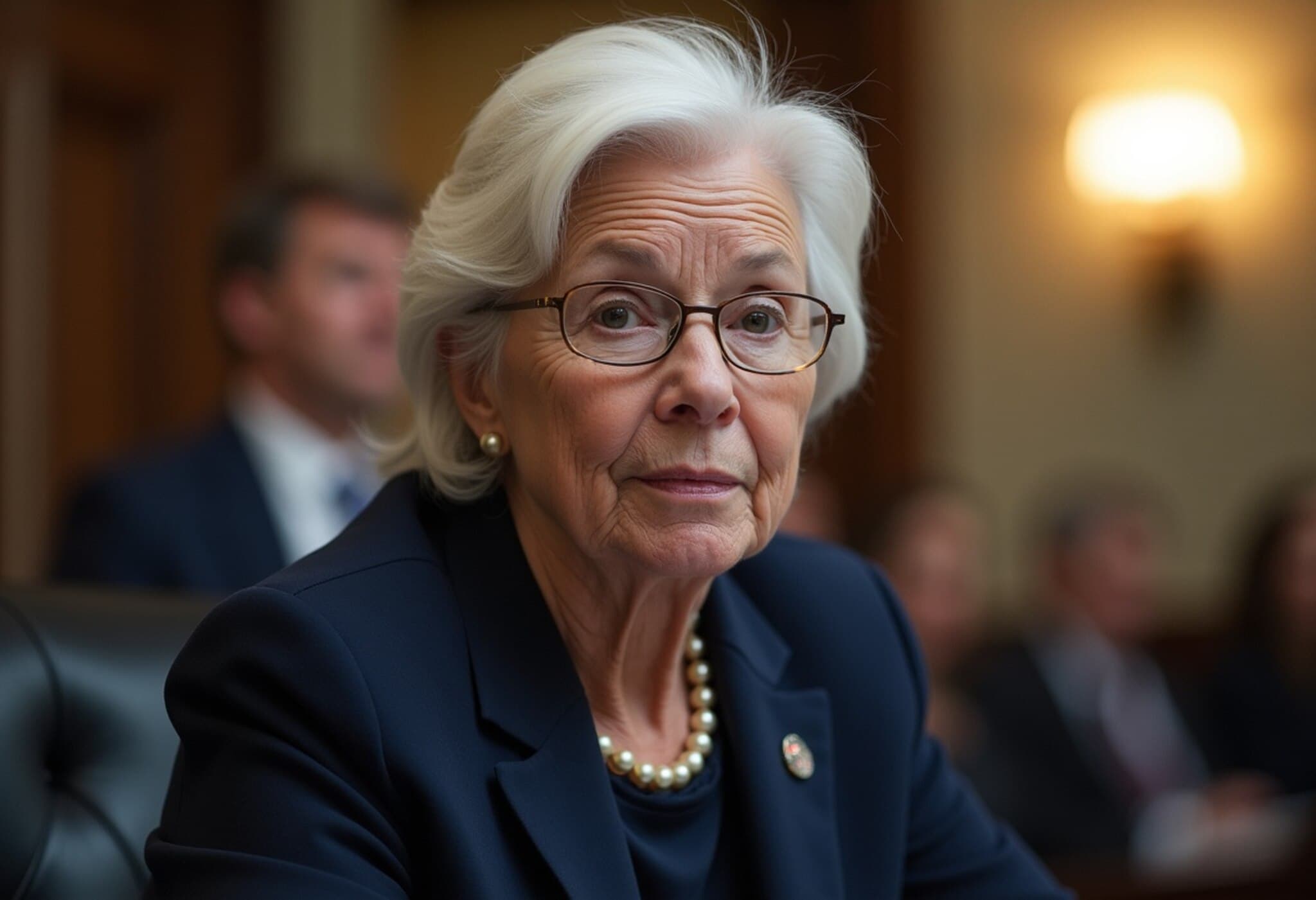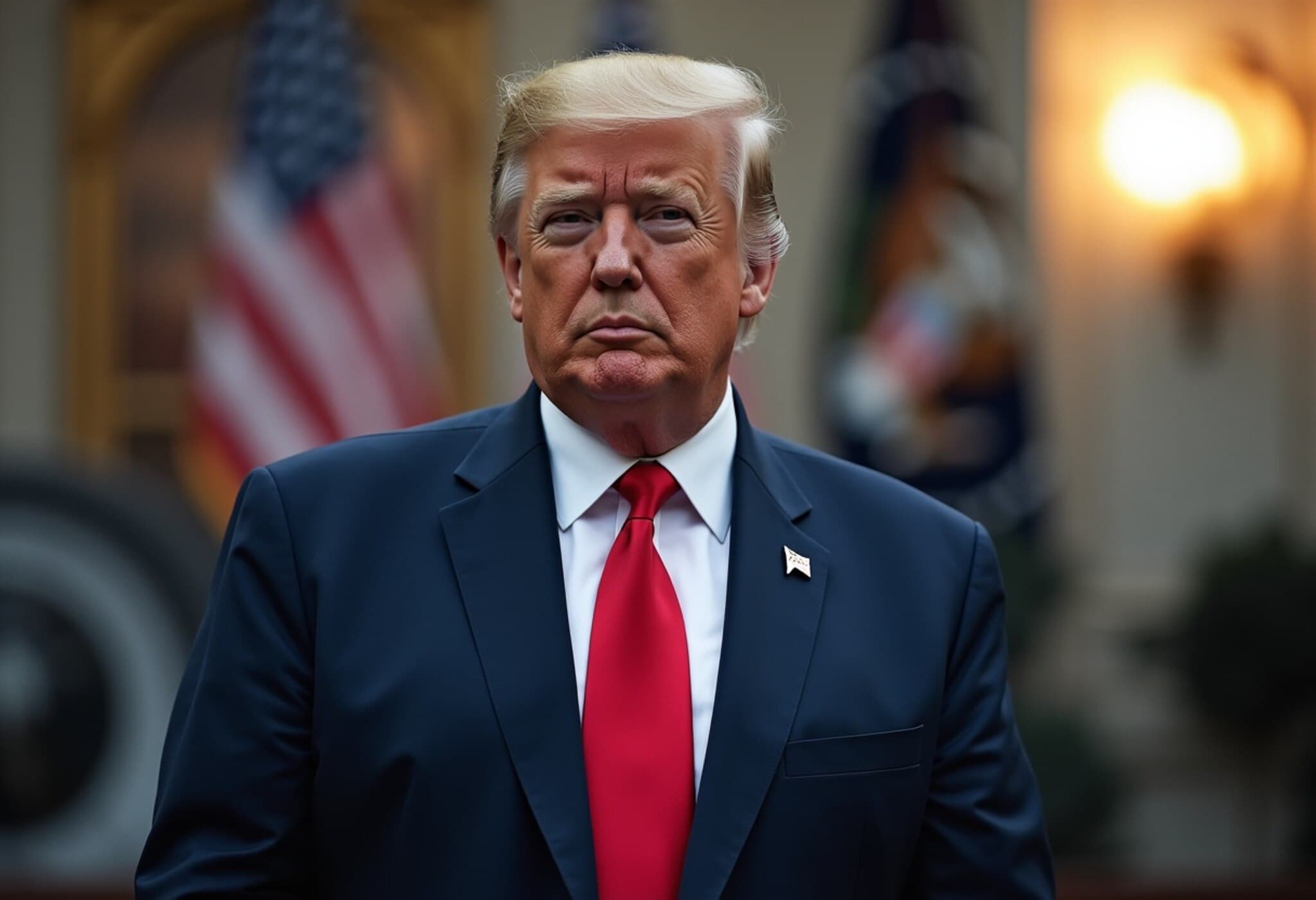Trump’s Bold Move Against Fed Governor: A Historical First
In a startling development that breaks with more than a century of tradition, former President Donald Trump has announced his intention to remove Federal Reserve Governor Lisa Cook from her position. This marks the first time in the Federal Reserve’s 111-year history that a president has sought to dismiss a sitting governor, igniting fierce debate about presidential authority, institutional independence, and the future of the U.S. central bank.
The Fed Pushes Back: Defending Independence
The Federal Reserve swiftly responded to Trump’s declaration by reaffirming its governors’ statutory independence, emphasizing their long, fixed terms specifically designed to shield them from political pressures. Though the Fed pledged to adhere to any subsequent court decisions, it expressed deep concern over the potential implications of such political interference.
Lisa Cook, who was appointed in 2022 under President Joe Biden and made history as the first Black woman on the Federal Reserve Board, is prepared to mount a legal challenge against her dismissal. Her legal team has described Trump’s move as “illegal” and an abuse of executive power, underscoring the unprecedented nature of this attempt and its threat to the Fed’s autonomy.
Background: The Controversy Surrounding Lisa Cook
The dismissal attempt follows allegations by Bill Pulte, Director of the Federal Housing Finance Agency, accusing Cook of involvement in mortgage fraud—a claim she vehemently denies and for which no formal charges have been filed. Observers note the curious parallel to civil cases Trump himself has faced, suggesting a politically charged backdrop.
Cook's Profile and Confirmation Battle
- Educationally distinguished as a Marshall Scholar with ties to Oxford University and Spelman College
- Held academic positions at Michigan State University and Harvard Kennedy School
- Confirmed by a razor-thin Senate vote, broken by then-Vice President Kamala Harris, amid Republican opposition
Political Implications: Redefining the Fed’s Leadership
Trump’s move is widely seen as part of a broader pattern of exerting control over traditionally independent federal institutions. Since his return to political prominence earlier this year, he has overseen a wave of turnover among civil servants, agency restructurings, and fiscal policy blockades.
Specifically, Trump has long pressured the Fed to reduce interest rates significantly—a campaign he recently revived with fervor. Although he backed down from firing Fed Chair Jerome Powell, the attempt to remove Governor Cook signals a renewed effort to reshape the central bank’s leadership.
The Stakes
- If successful, Trump could secure a majority on the seven-member Federal Reserve Board aligned with his economic priorities
- Two other governors are Trump appointees; another economist, Stephen Miran, is nominated for a temporary seat
- David Malpass, former World Bank President and Trump ally, is also reportedly considered as a replacement
Legal and Institutional Ramifications
Legal experts and policy analysts are closely watching Cook’s forthcoming challenge. At its core, this battle raises fundamental questions about the limits of executive power and the resilience of norms that uphold the Federal Reserve's independence—central to maintaining market stability and public trust.
Should the courts side with Trump, it could redefine how much influence future presidents wield over the Fed, potentially politicizing an institution historically insulated from partisan swings.
Why This Matters: Beyond Politics
The Federal Reserve’s decisions impact everyone—from mortgage rates to employment and inflation. Attempts to politicize or control the Fed risk unsettling markets and eroding confidence in U.S. economic management. The controversy around Lisa Cook’s dismissal is more than a personal battle; it’s a test of American institutional integrity amid growing political polarization.
Editor’s Note
This unprecedented episode invites us to reflect on how far presidential power should extend, especially over independent agencies vital to economic stability. The legal proceedings ahead will not only shape the Federal Reserve’s composition but will also influence public trust in democratic checks and balances. As the nation watches, the question remains: can core institutions withstand political turbulence without compromising their mission?


